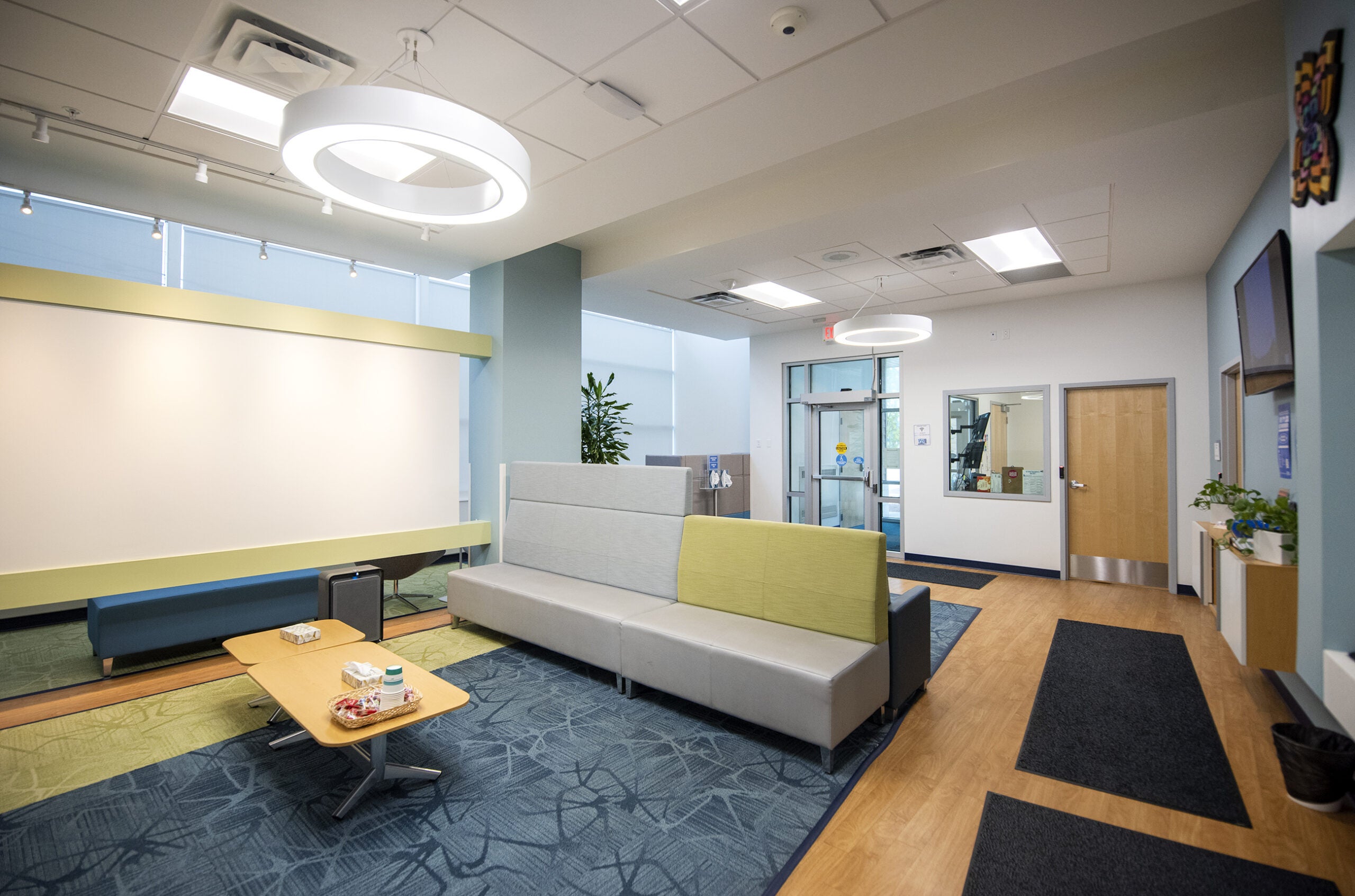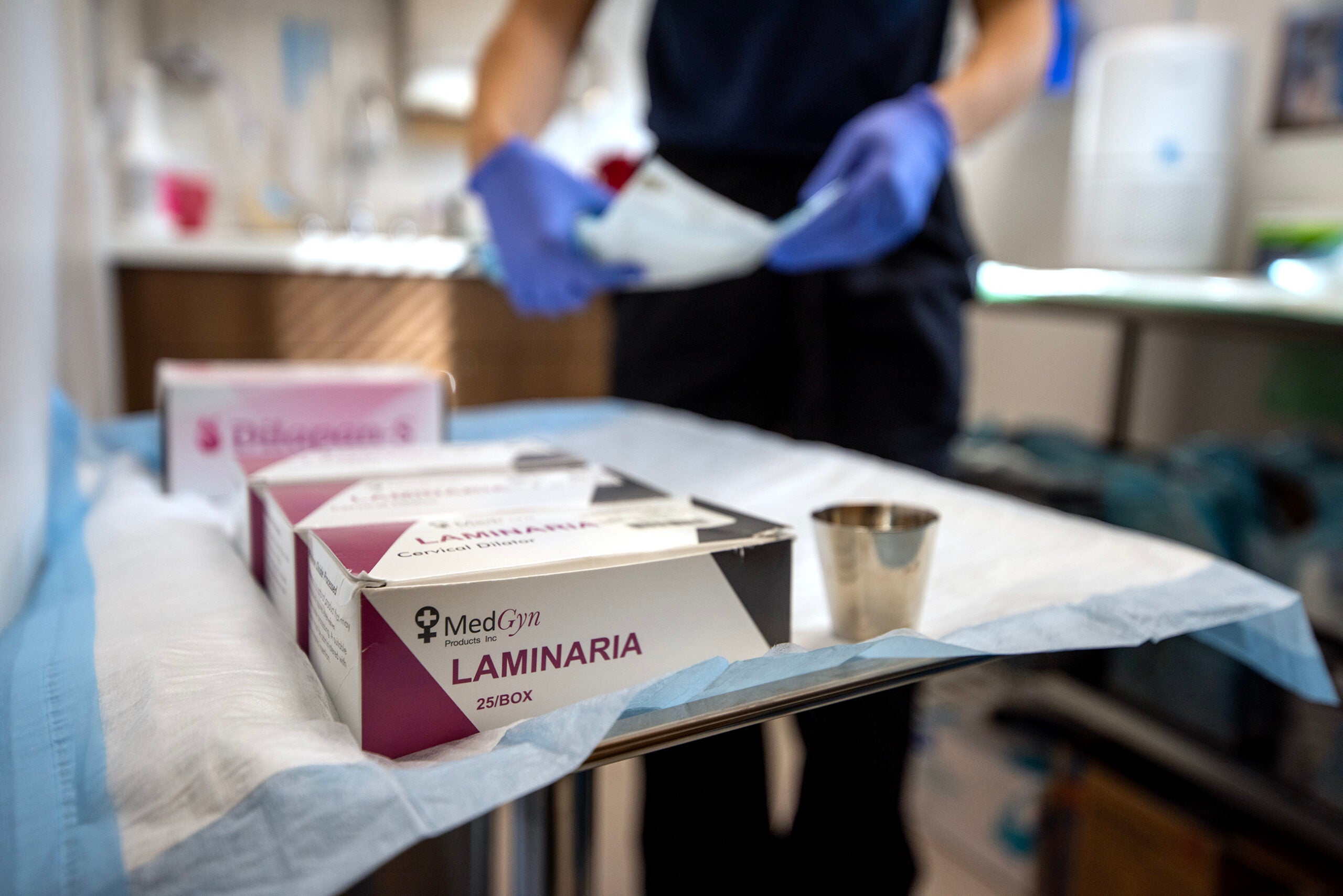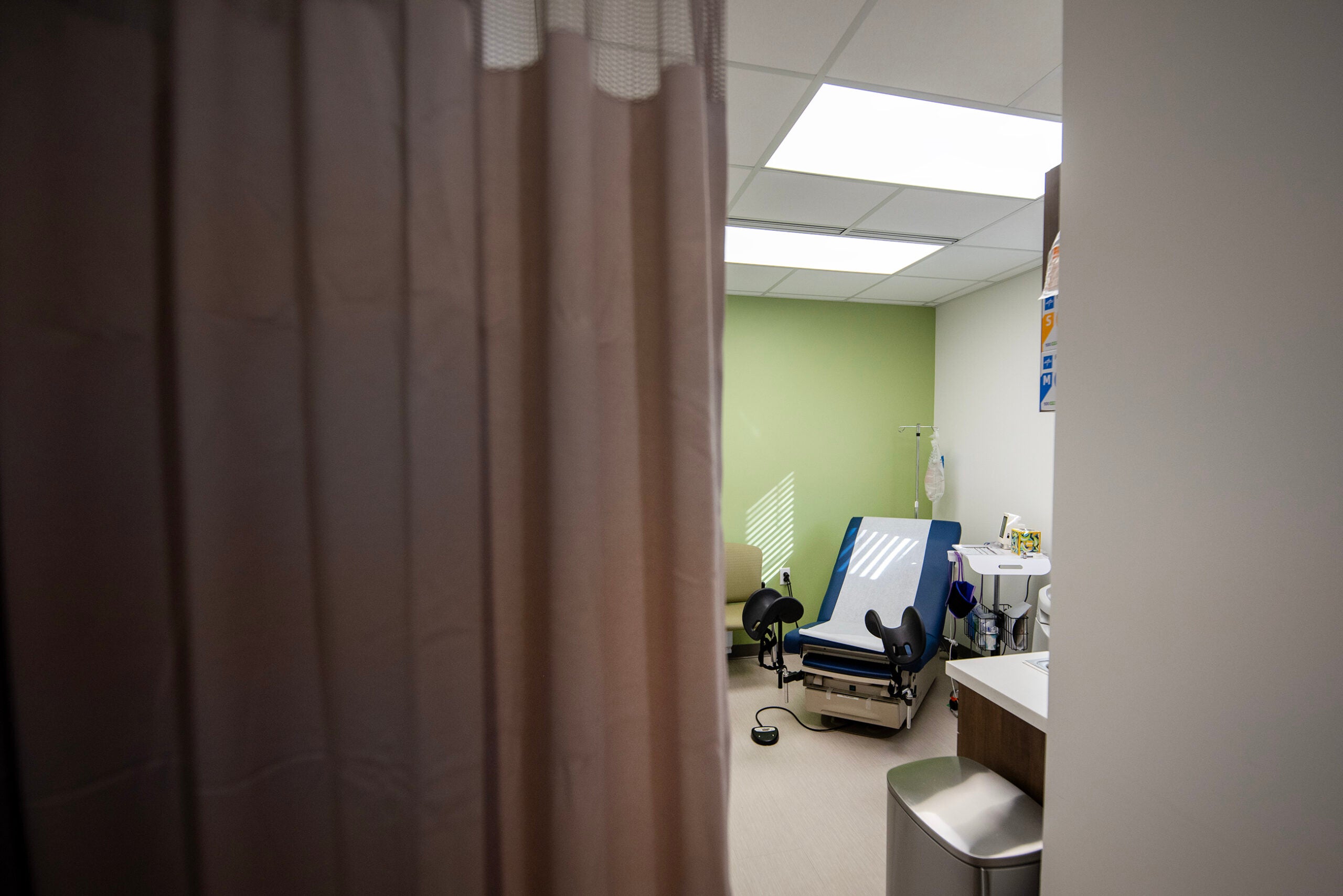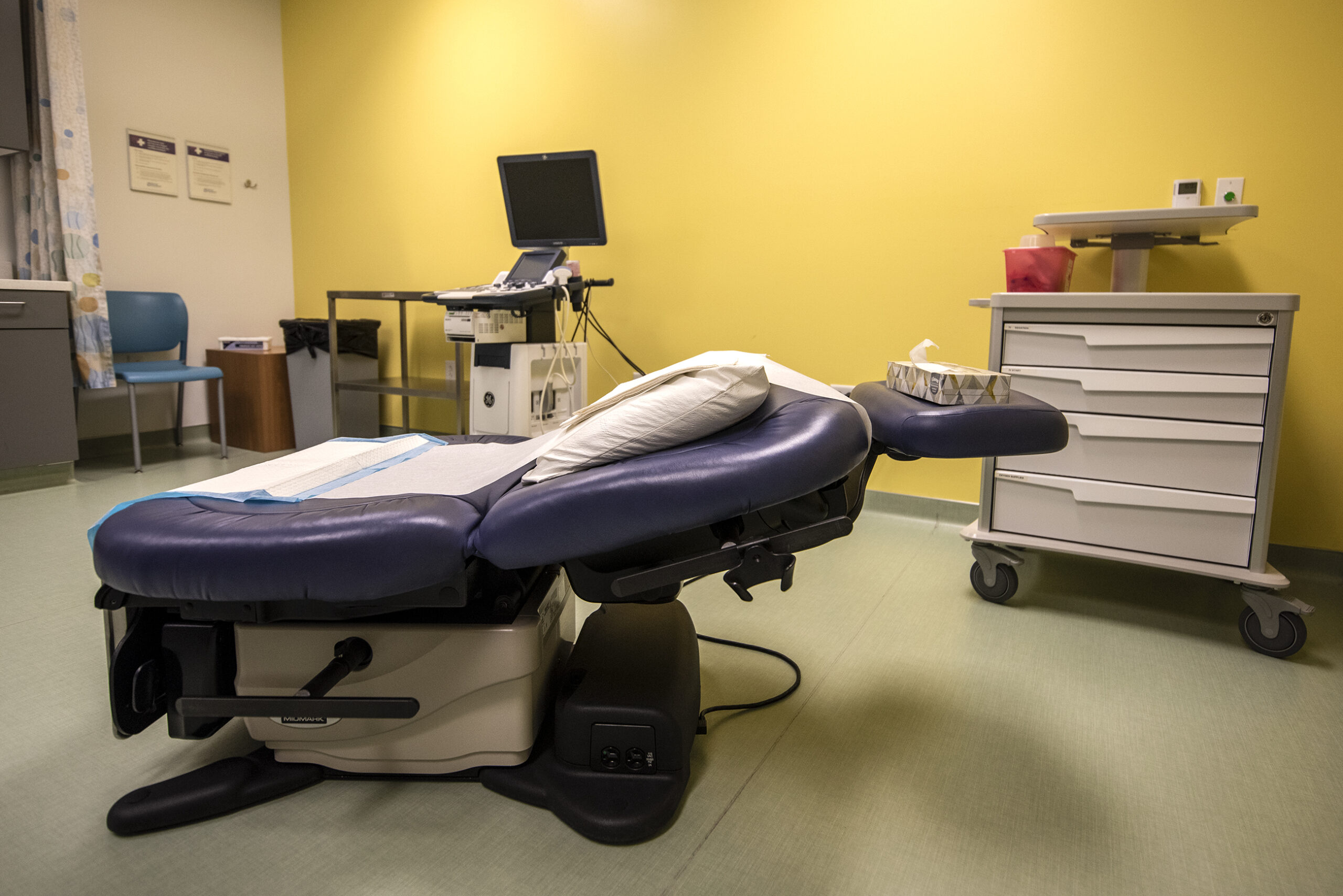When the U.S. Supreme Court overturned nationwide abortion rights in June last year, abortion services in Wisconsin came to an abrupt halt. But this month, those services returned.
During a recent interview with Wisconsin Public Radio’s “The Morning Show,” the leader of Planned Parenthood of Wisconsin said the restart of abortion services stemmed from a Dane County Circuit Court order this summer. In July, Judge Diane Schlipper said an 1849 state law only applies to prohibiting feticide, such as the assault of a pregnant person that results in the death of a fetus.
“The judge made it clear that (the law) did not apply to voluntary abortion, which are the abortion services that we were providing,” said Tanya Atkinson, president and CEO of Planned Parenthood of Wisconsin.
News with a little more humanity
WPR’s “Wisconsin Today” newsletter keeps you connected to the state you love without feeling overwhelmed. No paywall. No agenda. No corporate filter.
Atkinson also talked on “The Morning Show” about Planned Parenthood of Wisconsin’s operations, patients and its navigator program.
The following was edited for clarity and brevity.
Kate Archer Kent: As you bring back abortion care at your clinics, how are your staffing levels? Did they change?
Tanya Atkinson: Our staffing levels didn’t change. We were incredibly grateful that the team stayed with us. A number of them traveled to Illinois to provide care. They shared that when a Wisconsin patient would hear that they had Wisconsin providers in Illinois, the patients would say there was a level of comfort knowing that they were kind of in it together.
In Milwaukee, we expanded services, including vasectomy services. We added additional cancer prevention and intervention services. The team stayed intact and were ready to resume abortion services the minute we were able to.
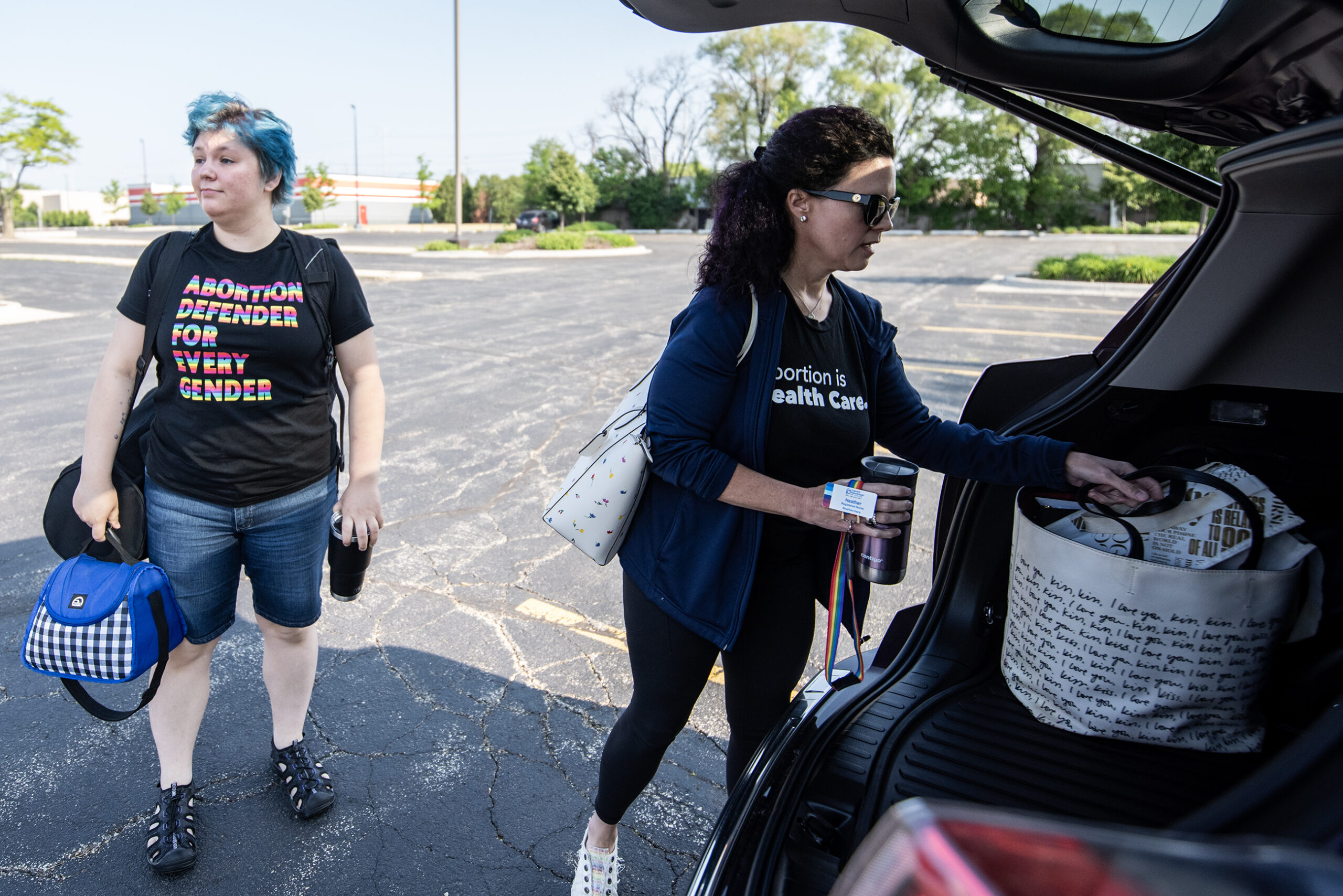
READ MORE: Appointments fill up quickly as Planned Parenthood of Wisconsin resumes abortions
KAK: Since last year, the federal Justice Department’s Civil Rights Division filed at least 10 criminal cases of violent action toward reproductive health care providers. Is opposition to abortion services affecting the mental health of your staff?
TA: The health, safety and security of our patients and staff is always our No. 1 priority. Abortion is a service that they believe in very strongly and are incredibly committed to.
At the same time, the harassment that happens in the political environment can be tiring. We ensure as an organization that we do everything possible to make sure that they have the support in place so that they can take care of themselves while they’re taking care of others.
KAK: Do you think abortion politics affects the mental health of your patients?
TA: I can’t speak to the mental health of the patients. I can say this: When Roe v. Wade was overturned, we had people in our waiting rooms. When we were given the instruction to stop providing care, our staff had to go out and tell people that they weren’t able to provide care for them that day. It was devastating for some patients. It was hard to believe. Some patients showed up anyway, even after having conversations about not being able to access care in Wisconsin, because it was so unbelievable that their state of Wisconsin would let this happen to them.
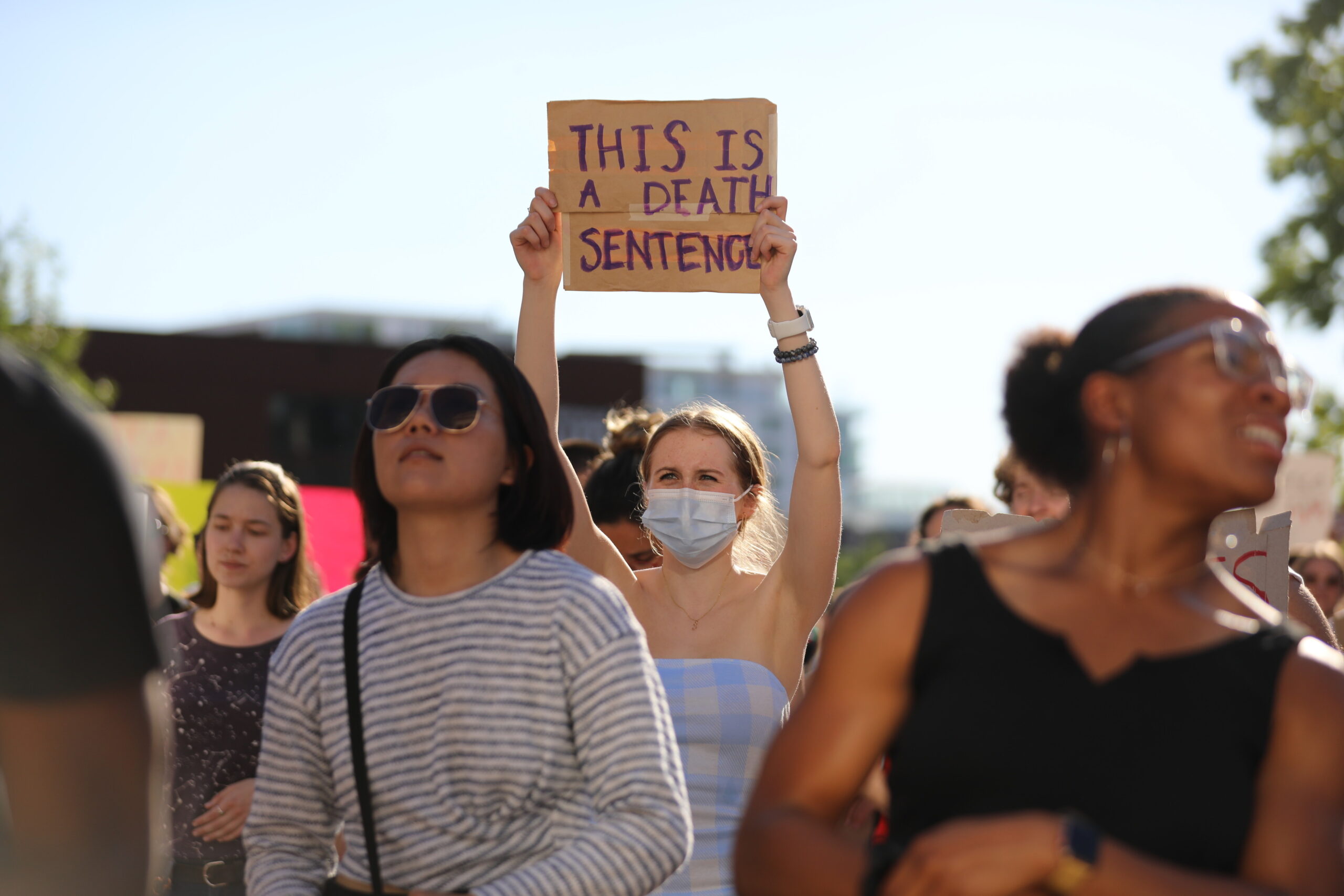
KAK: U.S. Sen. Tammy Baldwin introduced the Reproductive Health Care Training Act in June. Are you concerned about the pipeline of trained abortion providers in Wisconsin?
TA: When Roe was overturned, the medical colleges across the state shared that providers who were slated to come to Wisconsin were questioning whether or not they should come to Wisconsin. Our physicians have shared that they know people who decided not to come to Wisconsin and people who are already in Wisconsin questioning whether or not they should stay. Often these are young people of reproductive age themselves who understand how dangerous it is to be pregnant in a state where you can’t access abortion care.
READ MORE: How We Got Here: Abortion in Wisconsin since 1849
KAK: You’ve said, “Planned Parenthood will never back down until abortion access is protected and expanded for patients.” What are your next plans for expanding abortion care?
TA: We consider resuming access to abortion care a first step.
Wisconsin has one of the highest numbers of unnecessary politically motivated abortion restrictions of any state in the entire country. Even though abortion was available in Wisconsin (before the U.S. supreme court overturned Roe v. Wade), abortion was often not accessible to people. We have to look at how to get rid of those unnecessary restrictions and continue to move forward.
Long term, we’re asking ourselves, “How can the full scope of reproductive health care be depoliticized?” We want it to be supported instead and hope it becomes an expected public health investment.
We are going to do everything in our power to make sure that we can continue moving that long-term goal forward.
READ MORE: Anti-abortion groups urge DAs in Milwaukee, Dane counties to prosecute abortion providers
KAK: What were Planned Parenthood navigators doing before you resumed abortion services in Wisconsin, and what it is like now?
TA: The navigators are still doing their work. Prior to Roe falling, it was still very difficult to access abortion in the state of Wisconsin, so Planned Parenthood of Wisconsin already had a network of support for people who needed to travel great distances to get abortion care.
With the navigator program, people could make an appointment directly. They could then work with the navigator to understand what their needs were. Do they need overnight lodging? Do they need transportation? The navigators could book the transportation directly.
A lot of Wisconsinites that accessed care, that we’re aware of, went to Illinois. If somebody had a resource or support system in New York or California, the navigators could help with that.
I think the biggest need the navigators saw was regarding the expenses of needing to travel out of state.
KAK: What would those expenses be like?
TA: It would depend on the individual — child care costs, lost wages, transportation, whether you needed to stay overnight in another state. The expenses and then the procedure itself can add up very quickly for people.
Wisconsin Public Radio, © Copyright 2025, Board of Regents of the University of Wisconsin System and Wisconsin Educational Communications Board.

